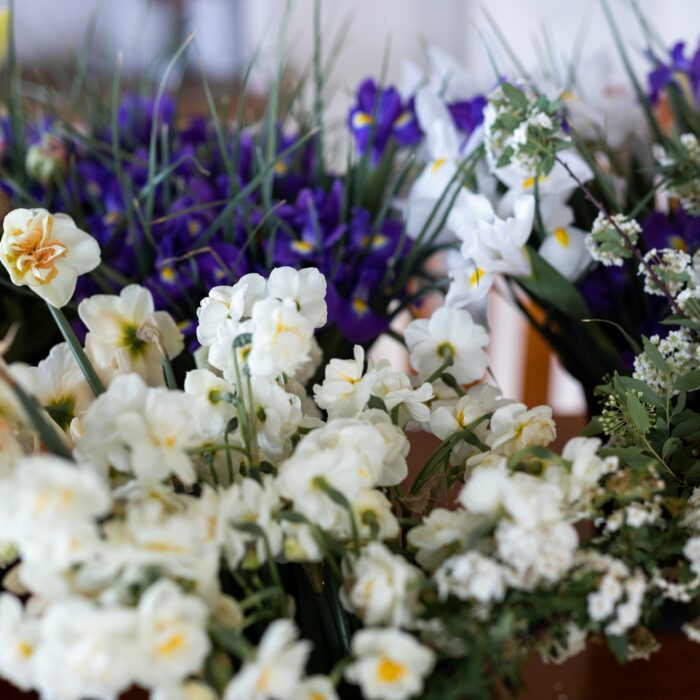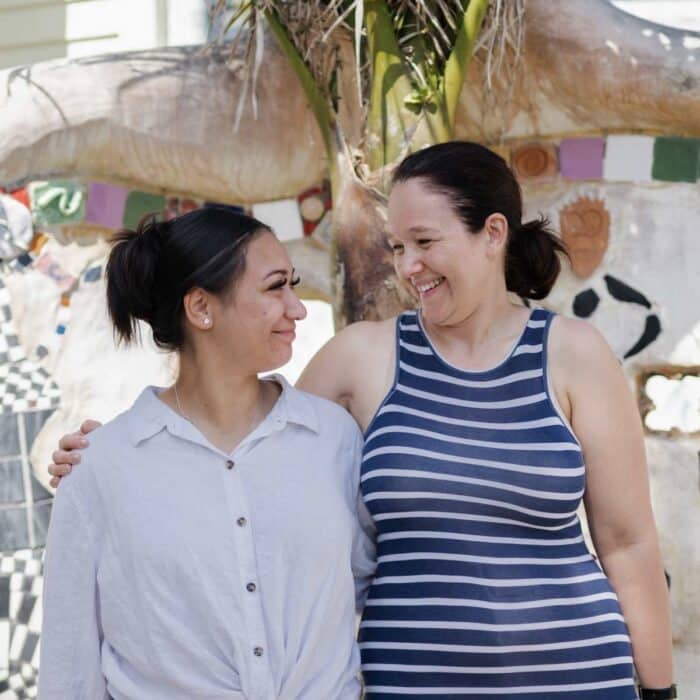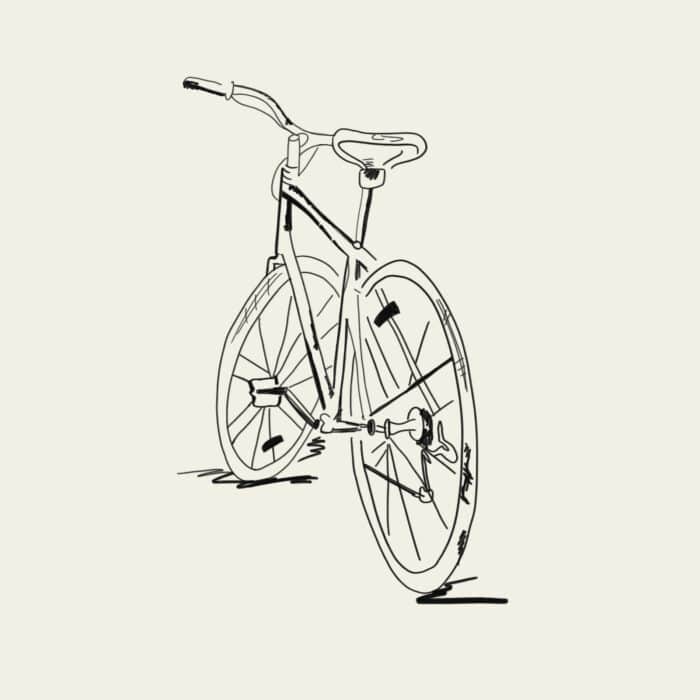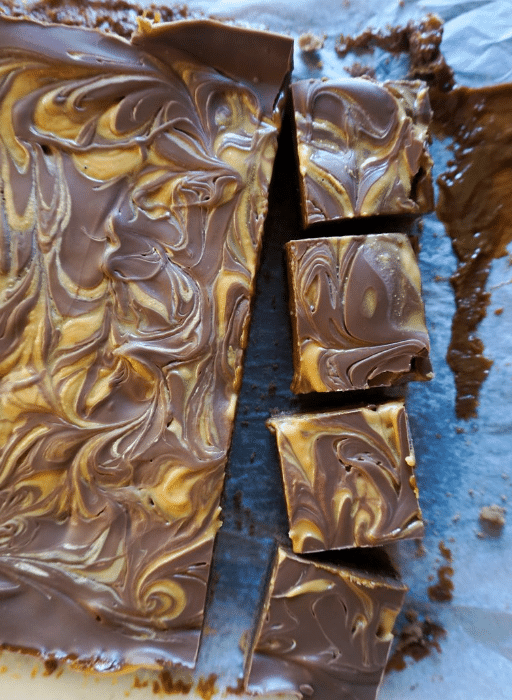23 March 2023
“My brain just stopped working” – coming back to health and self after a head injury
WRITER: AS TOLD TO SIONAINN MENTOR-KING
PHOTOGRAPHER: FRANCINE BOER
Thirteen months ago, Wānaka lawyer, farmer and hunter Alice Sanders, 33, sustained a head injury while rock climbing. She talks to Shepherdess about the difficulties of dealing with an injury that is invisible to others, her journey of recovery and finding herself again.

I work as a commercial lawyer in Wānaka, but I also spend every second weekend helping on our family farm, Mount Campbell Station, in Alexandra. It’s 11,000 hectares and we run ultrafine Merinos and Angus cattle. I also run a learn-to-hunt business. So I have this really interesting corporate-slash-rural type of life. I did the full commercial thing for a long time, but I’ve found now as I’ve got older that I want to be more involved in the farm.
I started rock climbing about eighteen months ago. I was climbing one day in February last year and I fell. I didn’t have a helmet on and I smacked the back of my head into a cliff. I didn’t pass out, but I immediately saw stars. You have this amazing response – your body goes into this mode of just get down, get safe. I had this moment on the wall of talking to myself like, “It’s okay. It’s okay. It’s gonna be okay. Just get off the wall.”
The next morning I felt quite sick. I rang the doctor and it was during that time with Covid where you rang the doctor and then they rang you back. So there was this whole day where they were trying to call me back. They got hold of me about four o’clock and said, “You need to get in here immediately!” They did the tests, and the doctor said, “This isn’t great. Take a week off work.” And I was going, “No, we’re very busy. I’ll be fine.” But the nurse said to me, “I recognise you. I know where you work, so I’ll find out if you go to work!”
So I took the week off, and I thought I’d just recover. I’d go back to work, back to farming, back to all the things that I do and it’d be fine. I came back to the office and had a chat with my boss and we agreed I’d take a couple hours off in the middle of the day. Well, I lasted an hour. My brain just stopped working. It’s the most terrifying thing. It’s hard to explain, but it just shuts down and all you can do is breathe. You’re still conscious, you’re still aware, but your brain just goes into survival mode and you can only do the things you need to do.

In my corporate career, I use a lot of screens, and my brain is how I do everything. And all of a sudden, I couldn’t. I started seeing a physiotherapist who was a concussion specialist and it was only then that I started to realise it was serious. I wasn’t allowed to get my heart rate up. I had to rest constantly. I couldn’t use screens. Everything that I am as a person – going to the farm, hunting – that all disappeared.
I couldn’t do anything for my mental health. Everyone has different ways of outletting things; mine is physical exercise or getting out into nature and, all of a sudden, it was all gone. How do you process what’s going on in your life when your brain, which is essentially what makes you a person, is like a stranger?
There’s something about an injury that people can’t see that makes it really hard to recover from. If you’ve got a broken arm, people can see it. But if you’ve got an injured brain, they can’t, and so they assume you’re fine. You find that you’re advocating for yourself a lot. But when you’ve got an injured brain, it’s really hard to stand up to people and say, “I can’t do that right now.”

You have to treat your good days like your bad days – if you have a good day, don’t push yourself. I found that out the hard way. About three weeks after my concussion, I went to the West Coast and did a one-hour walk to a hut, stayed there with a friend, and walked out. The next day, I couldn’t do anything. I had regressed that tiny amount of progress that I’d made. That’s when I realised, actually, this is bad.
I had to set really strong boundaries with work and family and farming, even friends. I couldn’t do any of the things that made me who I am. I had to break it down: What are the things that make me happy? What are the basic aspects of that I can achieve? I would go out the back of the farm in the truck and walk 200 metres and sit on a rock and just be there in the hill country – those sorts of small things that I could do without breaking my brain or regressing. I learnt to cut a lot of things out that actually weren’t beneficial. At the end of the day, it was up to me to heal my own brain.

I’m a year out now and I’m still having issues. When I get stressed I’ll start getting headaches and vision problems. I worked part-time for four or five months, and even once I got back to working full-time, I still wasn’t doing anything in the evenings. It took me a good nine to ten months to feel like I was living a normal-ish life. Most people go for Friday drinks after work, but last week I went for a Friday nap. And it was delightful.
You’ve got to surround yourself with people who will be there through the thick and thin, because it’s an incredibly lonely experience. It’s difficult to understand how somebody can go from being very active and high-functioning to spending a lot of time alone in dark rooms. Because I was so frustrated with myself, I probably wasn’t the easiest person to be around. I’ve never had a feeling quite like when my brain would stop working. I got to this point where I would work hard for two hours and then I’d go and sit in the car and cry for twenty minutes until I could drive home. Unless you’ve felt that, it’s hard to relate.
Your brain is the most important thing about you: you have to let it heal. When you are really lonely or negative emotions like jealousy and sadness come up, trying to find tiny things that you can manage to do really helps. Every day is a new day, and it does get better. It does.

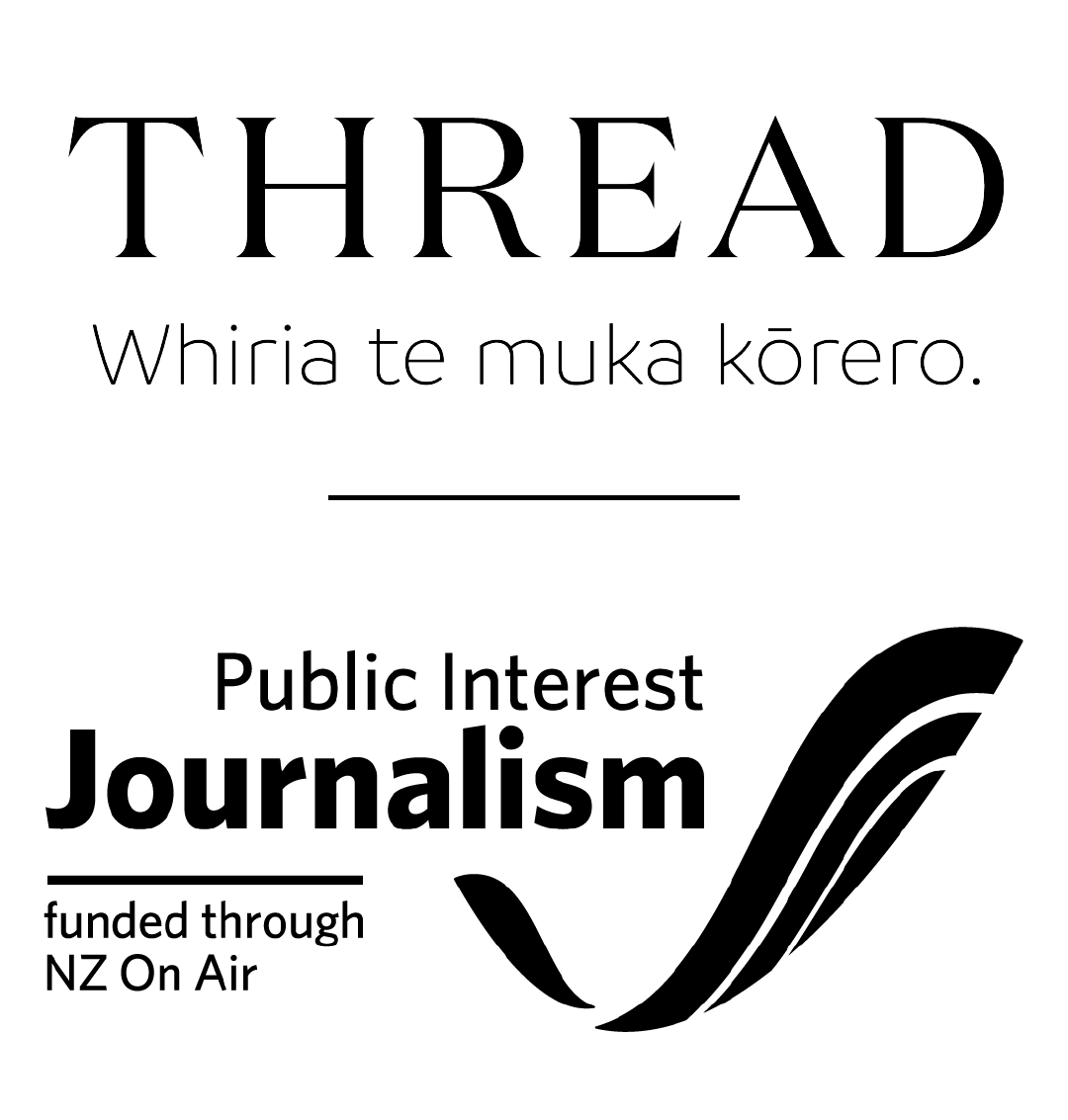
This story is part of THREAD, a year-long project by Shepherdess made possible thanks to the Public Interest Journalism Fund through NZ On Air.
If you enjoyed this story, please share with someone else.
Get your hands on a copy of Shepherdess.
Related Stories
My First Love
I can still remember the day I laid eyes on my first love... No blue eyes or sweet words – just two wheels, a chain and a hint of freedom.
